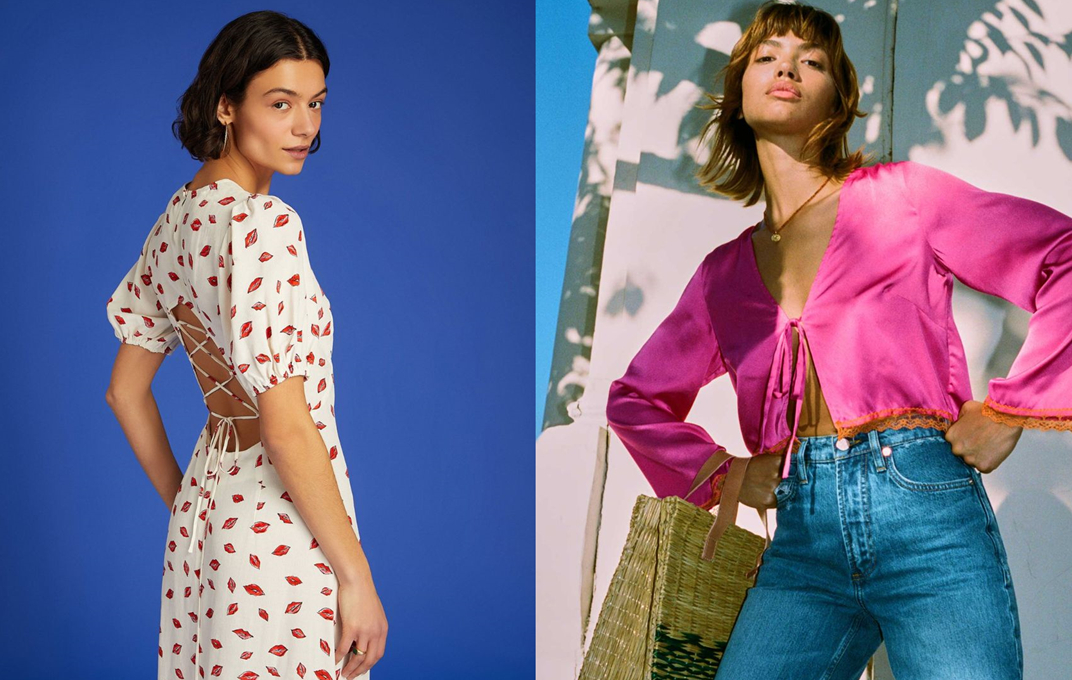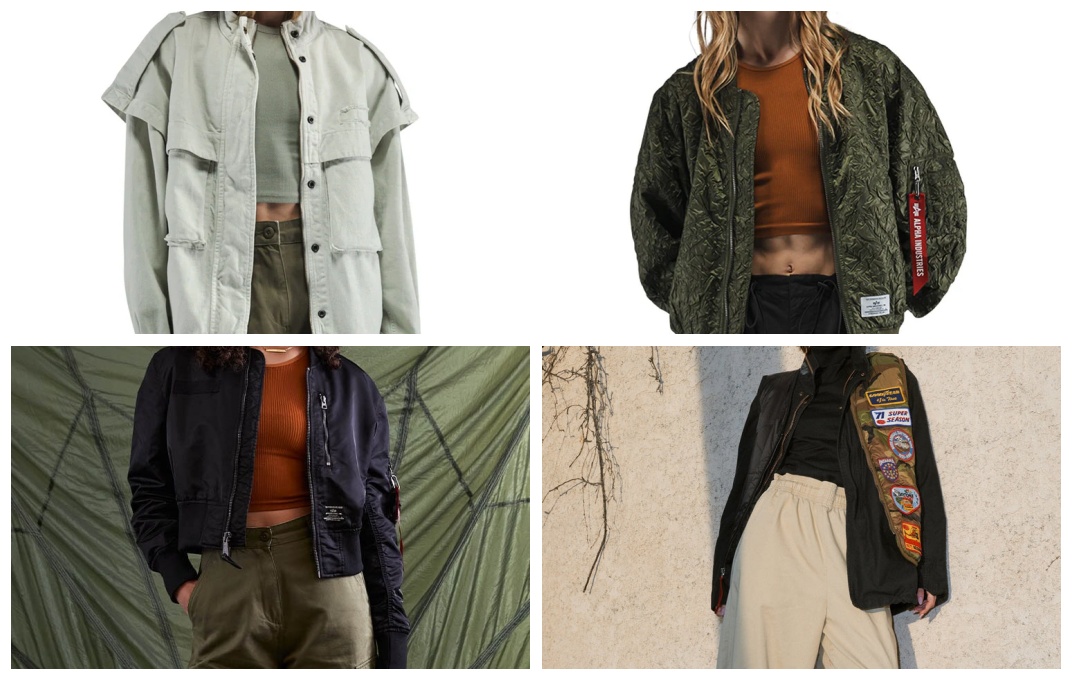One of the key aspects of sustainable fashion is the use of eco-friendly materials. Brands are now opting for organic cotton, hemp, and recycled fabrics that reduce the environmental impact of clothing production. These materials not only lessen pollution but also promote biodiversity. When shopping for sustainable fashion, look for certifications like Global Organic Textile Standard or OEKO-TEX, which ensure that the garments meet specific environmental and social criteria. By supporting brands that prioritize these materials, consumers can help drive demand for more responsible production methods.
Another essential element is ethical manufacturing practices. Many sustainable brands prioritize fair labor conditions and transparency in their supply chains. By supporting these companies, consumers can help eradicate exploitative labor practices and ensure that workers receive fair wages. This shift towards ethical production not only benefits workers but also fosters a sense of community and responsibility among consumers. Understanding the story behind each garment can deepen the appreciation for its value and the people who made it.

Shopping second-hand is another effective way to engage with sustainable fashion. Thrift stores, consignment shops, and online resale platforms offer a treasure trove of unique pieces while minimizing waste. By choosing pre-loved items, consumers can extend the lifecycle of clothing and reduce the demand for new production. This practice encourages creativity and individuality, allowing shoppers to express their personal style without contributing to the fast fashion cycle. Additionally, buying second-hand often comes at a lower price point, making it an accessible option for many.
Investing in quality over quantity is a crucial mindset shift in sustainable fashion. Fast fashion often promotes the idea of disposable clothing, leading to a culture of overconsumption. By choosing high-quality, timeless pieces, consumers can create a versatile wardrobe that lasts for years. This approach not only saves money in the long run but also reduces the environmental impact associated with frequent purchases. When consumers prioritize durability, they contribute to a culture that values craftsmanship and sustainability.
Educating oneself about sustainable fashion is vital for making informed choices. Consumers can stay updated on the latest trends, brands, and practices by following blogs, documentaries, and social media accounts dedicated to sustainability. Engaging with this community can provide valuable insights and inspire individuals to adopt more eco-friendly habits in their shopping routines. Knowledge empowers consumers to ask questions and demand better practices from brands.
Sustainable fashion is not just a personal choice; it is a collective movement that requires awareness and action. By making thoughtful decisions, consumers can contribute to a more sustainable future and challenge the norms of the fashion industry. Every purchase has the power to drive change, making it essential to consider the impact of our choices on the planet and its people. As more individuals embrace sustainable fashion, the industry can evolve towards a more responsible and ethical model, benefiting both the environment and society at large.




